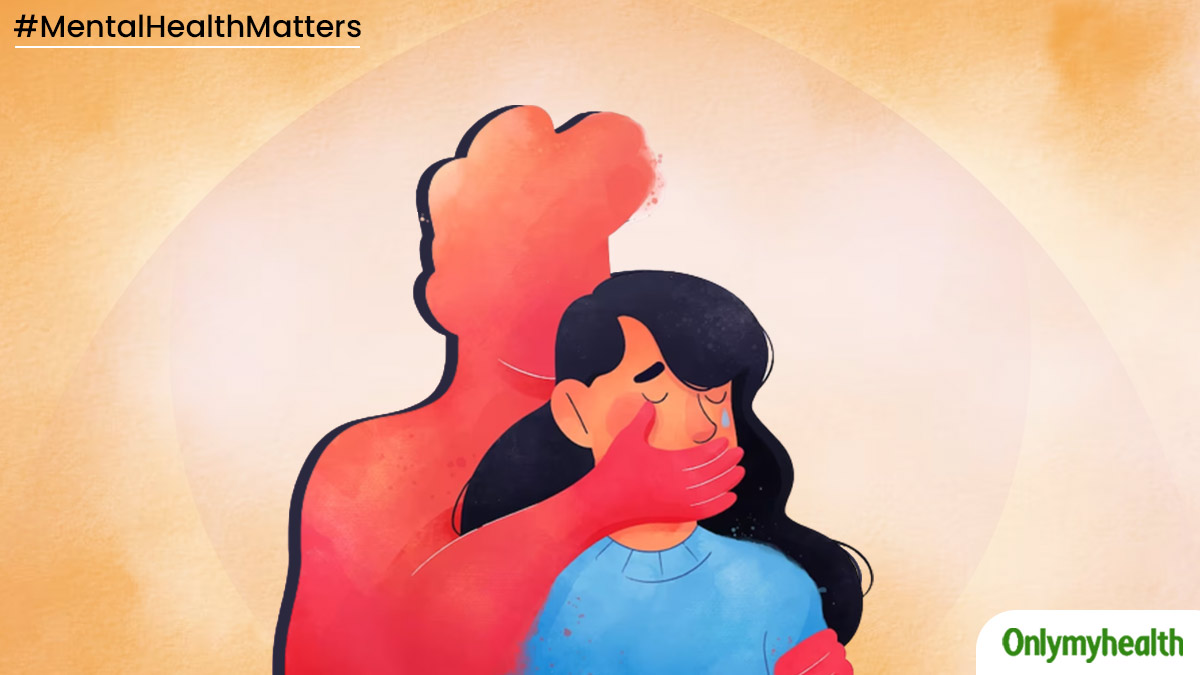
In the vast tapestry of life, childhood serves as the foundation upon which our adult selves are built. It is a time of wonder, exploration, and growth, but it is also a chapter that can harbour the seeds of emotional struggles that linger into adulthood. The echoes of childhood traumas and unresolved emotions have a profound impact on the way we navigate the complexities of the adult world. In our campaign, ‘Mental Health Matters’, we spoke to Foram Matalia, Psychologist - Bhatia Hospital, Mumbai, to learn more about how childhood traumas impact adulthood.
"When a child undergoes trauma in their early life, it influences their emotional and behavioural responses in subsequent environments," said Matalia. She added that trauma symptoms can range between reactions of hyperarousal and disassociation of the world.
According to Matalia, "Trauma during critical developmental stages can influence how the symptom manifests." She added that this could result in severe Post-Traumatic Stress Disorder (PTSD) symptoms, depression, and anxiety.

What Results in Childhood Trauma?
According to a study published in the Journal of Advances and Scholarly Researches in Allied Education, India is home to nearly 19% of the global child population, with children and adolescents accounting for about 40% of the country's total population.
In India, two out of every three children experience physical abuse, and every second child is reported to endure emotional abuse. In many cases, physical abuse is caused by close family members, including parents, siblings, uncles, aunts, and even grandparents, reported the study.
The study noted that teachers and school officials resort to punishing and physically abusing children. Additionally, there have been several instances of child deaths and suicides resulting from abuse by school officials and teachers in recent years.
Such abuse and maltreatment during childhood have detrimental effects on children's physical and psychosocial development, the study reported.
Also Read: #MentalHealthMatters: How Mental Health Illnesses Shape Your Personality
Trauma and Executive Functioning
Executive function and self-regulation skills encompass the cognitive processes that allow us to engage in activities such as planning, concentrating, remembering, and managing multiple tasks simultaneously.
Matalia said that there is strong evidence indicating that early-life trauma contributes to deficits in neurological processes responsible for executive functioning. "The occurrence of traumatic events, especially when they happen repeatedly, triggers the stress response system in a child. This can manifest as difficulty in planning, organisation, and emotional regulation," she added.

"Repeated trauma creates and strengthens neurological pathways in the limbic system. This hinders normal neurological development in the brain's prefrontal cortex, which controls higher-order (executive) cognitive processes," said the expert. She further said that researchers analysing data believe that early childhood maltreatment may have the strongest influence on cognitive functioning during adolescence.
The long-term consequences of adversity experienced during early childhood can have a significant impact on the development of the prefrontal cortex. Matalia explained that brain imaging scans of children showing symptoms of PTSD reveal reduced levels of grey matter in the prefrontal cortex, which is linked to crucial cognitive processes such as executive functioning, decision-making, emotional regulation, interpersonal communication, and moral reasoning.
Why Trauma Can Lead to Helplessness
"A common definition for helplessness includes language that 'represents a lack of control' and as an emotion, occurs when people perceive that they will be unable to cope with a current or future situation," said Matalia.
She said that you can distinguish it from learned helplessness and powerlessness. "Learned helplessness is a psychological pattern that represents a perception of being unable to control anything across time and place that can lead to depression. In contrast, helplessness is 'a state triggered by a single, negative event," said Matalia.
"Powerlessness is when someone feels that others are controlling them; in contrast, helplessness is not bound by the presence of people, but rather by situations," she explained.
Hence, as the expert pointed out, individuals who have experienced trauma and have impaired executive functioning may feel overwhelmed in situations where non-traumatised individuals can easily cope.
Also Read: #MentalHealthMatters: What Is Talk Therapy And How Does It Benefit You?
For example, when the boss makes critical comments about their work, most people might feel frustrated momentarily and then move on. However, a traumatised person is more likely to perceive the criticism as a personal attack and find it challenging to concentrate for the remainder of the day.
Similarly, if someone's partner forgets to say goodbye before leaving for work, most people would forget about it well before lunchtime. But the traumatised person may start to overthink and fear that a break-up is imminent. Or take the partner’s forgetfulness as a sign that he or she might be having an affair," she explained. She added that catastrophising is common among traumatised individuals.
People might indulge in certain things, such as unplanned shopping sprees, alcohol and drug use, high-risk sex, and travel, to distract from the discomfort of feeling helpless.
According to the expert, if you identify with these experiences, it is important to understand that it is not your fault and not a reflection of your character; rather, it may be a natural consequence of a brain that has been impacted by emotional trauma.
Therapy Helps

Therapy can be beneficial in such cases. The feelings of guilt and shame stemming from traumatic events can result in long-lasting pain and impairment. Matalia suggests that early traumatic experiences have a negative impact on the development of neural circuits involved in self-regulation. Therefore, addressing these emotions through therapy can help enhance functioning in personal and professional relationships.
If you have endured childhood abuse, it is crucial to recognise that you are not to blame. Therapy can serve as a crucial tool to rewire the circuitry of your brain by addressing unresolved trauma in a gentle manner, facilitating healing, and promoting positive changes in your life, concluded the expert.







